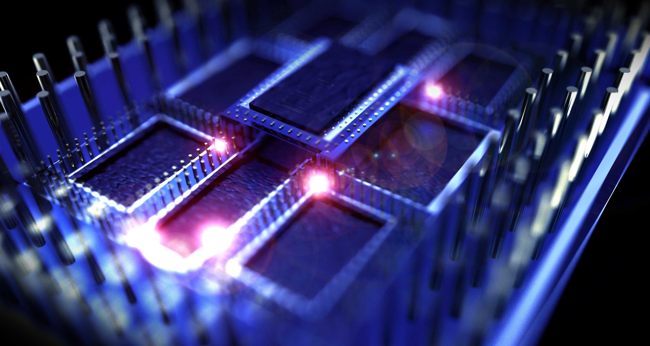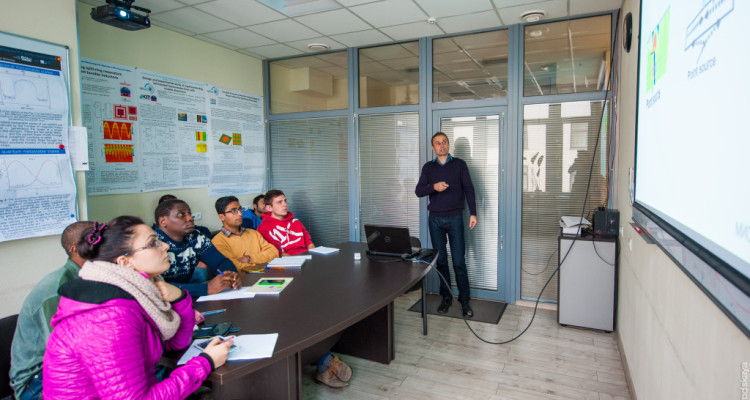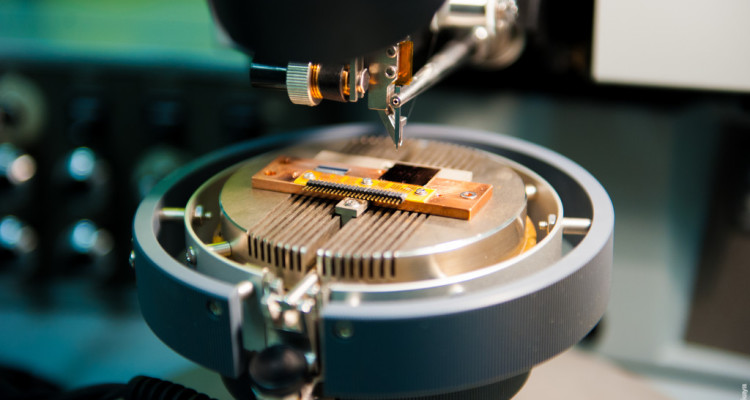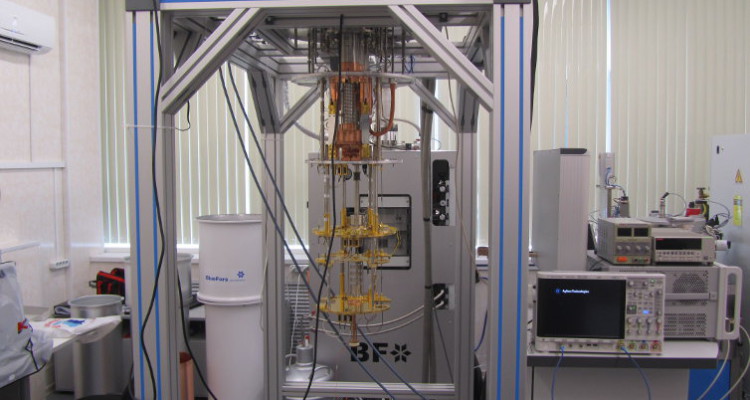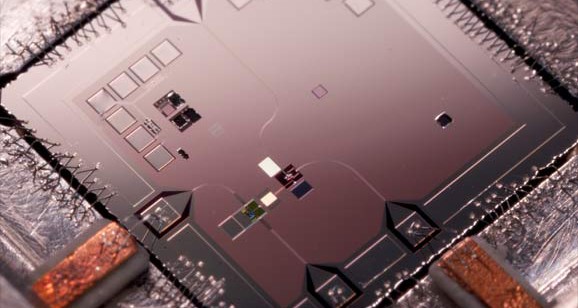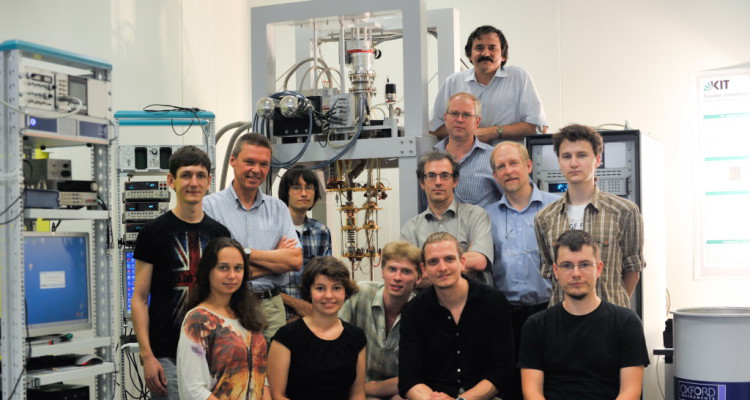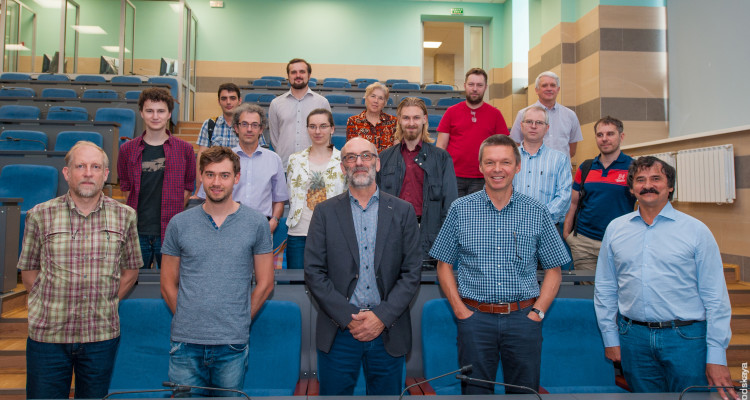Sergey Muhin
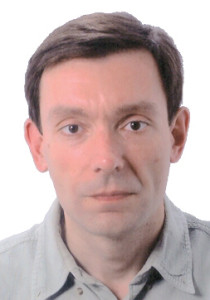 Researcher of the lab, doctor of Physics and Mathematics, professor,
Researcher of the lab, doctor of Physics and Mathematics, professor,
head of the department of theoretical physics and quantum technologies, NUST “MISiS”
e-mail: i.m.sergei.m@gmail.com
http://en.misis.ru/academics/departments/tpqt/staff/sergei-mukhin/
Research interests: quantum order parameter and quantum phase transitions, nonequilibrium quantum mechanics; thermodynamics of biomembranes and semiflexible polymers; phase transitions in strongly correlated electron systems, incl. high-temperature superconducting cuprates and multiferroics; electronic properties of metal nanoclusters.
Training courses offered at the University:
Mechanics and elasticity theory
The course presents the basic concepts of classical mechanics based on the principle of least action and the principle of relativity of Galileo, including Lagrangian and Hamiltonian formalisms of description of motion of material particles. The theory of elasticity describes mechanics of solids, considered as solid continuum, using the formalism of strain and stress tensors for description of static and dynamic elastic deformation in linear approximation. Considered in the course: propagation of elastic waves in solids, oscillations of thin plate and Euler beam, stability of elastic systems.
Electrodynamics
The course presents the basic concepts of classical electrodynamics based on the application of the principle of least action to a Maxwell’s action of the electromagnetic guage fields with point charges. The equations of motion of electromagnetic field, the charges in an external electromagnetic field and emission of electromagnetic waves by accelerated charges are derived in a unified way from Lorentz-invariant Lagrange equations in the special theory of relativity. Emphasis is made on the interaction of electromagnetic fields with matter. Derived are: radiation of electromagnetic waves by moving charges; theory of scattering of electromagnetic radiation by a charge, dielectric functions of solids and spectrum of plasma oscillations. We consider the paradox of instability of atoms to electromagnetic radiation of electrons around the nuclei as one of “driving conflicts” that led to creation of quantum mechanics.
Quantum Mechanics
The course sets out a basic framework of nonrelativistic quantum mechanics, including formulation of the physical problem of determining the state of the quantum-mechanical system for predicting the results of macroscopic measurements. We introduce the formalism of Hermitian operators of physical quantities in the Schrödinger and Heisenberg representations, describe approximate methods of finding the wave functions of particles. Considered are: theory of quantum harmonic oscillator, quantum tunneling effect and solution of the quantum states of electron in a hydrogen atom. The course introduces concept of spin and identity of elementary particles, considers symmetry properties of wave functions of bosons and fermions, leading to exchange phenomena, in particular, the phenomenon of magnetism in solids. An illustration of the Bohr’s correspondence principle in WKB approximation.
Statistical Physics
The course outlines the basic concepts, laws and methods of statistical physics based on Liouville’s theorem and statistical Gibbs ensemble; demonstrates their applications to the description of thermodynamic properties of condensed matter, especially quantum properties of solids and fluids described by quantum statistics. In particular, the course focuses on the quantum phenomena in condensed matter systems at low temperatures.
Electron theory of metals
The course introduces the basic methods of modern electron theory of solids, based on the concept of quasi-particles and Landau Fermi-liquid theory for normal metals, as well as the concept of the Cooper pairing of electrons and theory of Bardeen, Cooper and Schrieffer of metals in superconducting state.
Quantum electronic properties of nanosystems
Course of lectures devoted to the theory of quantum phenomena in electronic nanosystems: the theory of random Hamiltonian matrices of Wigner-Dyson and thermodynamics of nanoclusters, Peierls transition in quasi one-dimensional conductors, Ising transition on a two-dimensional square lattice and Berezinskii-Kosterlitz-Thouless transition in two-dimensional XY-model, theory of spin fluctuations in one-dimensional Ising chain.
Published Syllabuses and handbooks:
1. Vekilov Yu.Kh., Mukhin SI, Kuzmin YM, YM Mukovsky, “Course of Theoretical Physics in problems and exercises. MISIS Handbook No. 605, Second edition, revised and enlarged, ed. Vekilov Yu.Kh. – M. “Education”, 2007.,-341pp.
2. Vekilov Yu.Kh., Mukhin SI, Kuzmin YM, YM Mukovsky, “Course of Theoretical Physics in problems and exercises” . MISIS Handbook No. 326, ed. Vekilov Yu.Kh. – M. “Education”, 2005.,-285pp.
3. Vekilov Yu.Kh., Mukhin SI, Kuzmin YM “Theoretical Physics”. MISIS Handbook No. 831 – M. MISA, 2002. -59pp.
4. Vekilov Yu.Kh., Kuzmin JM, Mukhin SI “Statistical Physics”. MISIS Handbook No. 1592 – Moscow: MISA, 2001., -76 pp.
5. Vekilov Yu.Kh., Kuzmin JM, Mukhin SI “Quantum Mechanics”. MISIS Handbook No. 1480. -M.: MISA, 2001.,-126pp.
Participation in research, grants, development, etc.:
1. Study of lattice dynamics and the interaction of phonons, magnons and electrical quasi-magnons in multiferroics of rare earth manganites compounds, 2009 -2011, RFBR, grant 09-02-92661-NNF_a
2. Properties of magic nanoclusters and their systems in normal and superconducting states, 2007 -2008, RFBR, grant 7-02-12058-ofi
3. Investigation of superconducting properties of ‘stripe-phase’ in high-temperature superconductors, 2002 -2004, RFBR 02-02-16354-A
4. Quantum liquid crystals, 2008-2009, FOM (Dutch Foundation Basic Research, The Netherlands), grant 01PR1977
5. Anomalous phonon softening and stripe phase fluctuations in high-Tc cuprates, 2005-2007, The British Royal Society, grant gt / FSU / JP.
6. Physics in Microgravity, 1995-1996, NASA Projects in Basic Research (NASA, USA), NAG3-1395
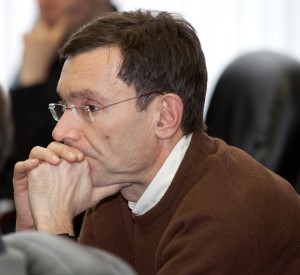
On the Alexey Ustinov lecture in Chernogolovka
7. Physics in Microgravity, 1997-2000, NASA Projects in Basic Research (NASA, USA), NAG3-1867
Awards, honors, other achievements:
1. Winner of the “Soros Associate Professor” awards: 1997, 1998, 1999
2. Winner of the “Soros Professor” award: 2002, 2003
3. Winner of competition “Research Grant of Moscow” in the field of science and education technologies, 2004
4. MISIS-silver Medal (20 years of pedagogical work), 2007
5. Diploma-winner of the best textbooks MISIS, 2008




